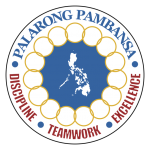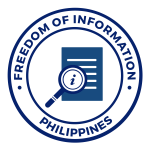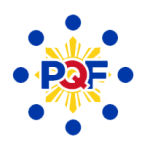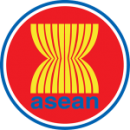The Department of Education implements non-formal education programs through the ALS. Non-formal education is defined by UNESCO as “education that is institutionalized, intentional and planned by an education provider. The defining characteristic of non-formal education is that it is an addition, alternative and/or a complement to formal education within the process of the lifelong learning of individuals. It is often provided to guarantee the right of access to education for all. Non-formal education can cover programs contributing to adult and youth literacy and education for out-of-school children, as well as programs on life skills, work skills, and social or cultural development.”
The non-formal education programs in ALS are Basic Literacy Program (BLP) and Accreditation and Equivalency (A&E) Program.
The ALS Program also provides opportunity for learning through Informal Education (InFed). Informal Education, defined as a “lifelong learning process acquired outside the formal school system but complements learning acquired in both non-formal and formal basic education,” creates opportunities for self-development, community development, entrepreneurship, and skills development in response to the individual’s learning interest.
The Life Skills for Work Readiness and Civic Engagement Program aimed to address the mismatch between skills taught in school and skills demanded in the workplace that have left young people unable to find jobs, start their own businesses, or otherwise contribute to their communities.
Building up on its partnership with MYDev and the United States Agency for International Development (USAID), the Department of Education is mainstreaming the use of Life Skills for Work Readiness and Civic Engagement in the Alternative Learning System to develop skills and competencies needed for economic success, such as communications, leadership, workplace safety, and financial literacy skills among its ALS learners.
In MYDev, Life Skills include two sets of skills:
a. Work Readiness Skills – work-related skills needed by young people to be successful at work in the formal, non-formal, and informal sectors
b. Civic Engagement Skills – values and skills for living in and helping to improve quality of life in our community and overall society
In 2019, the Life Skills Program was rolled out in the BLP and A&E classes of DepEd delivered ALS programs all over the country.






